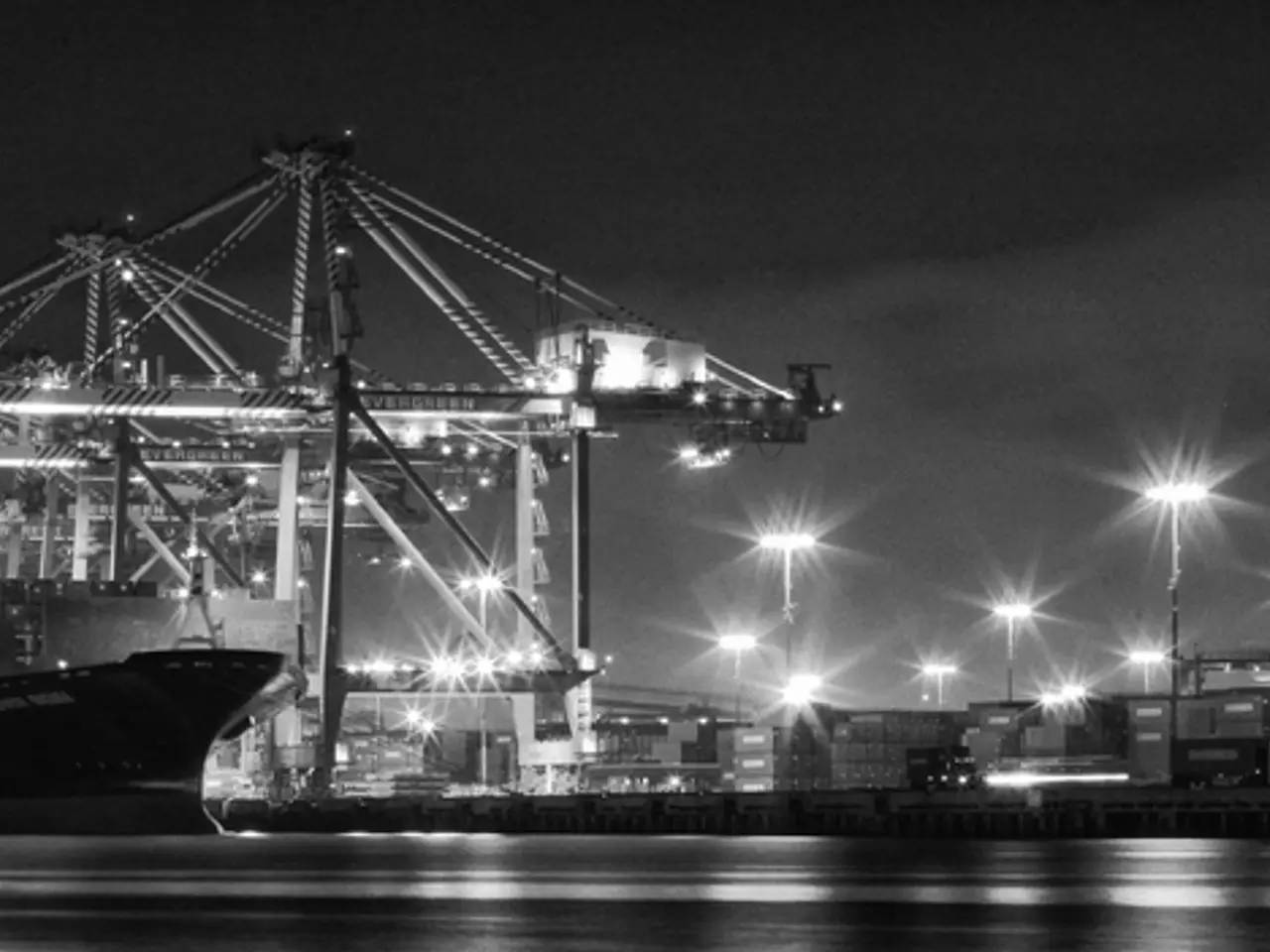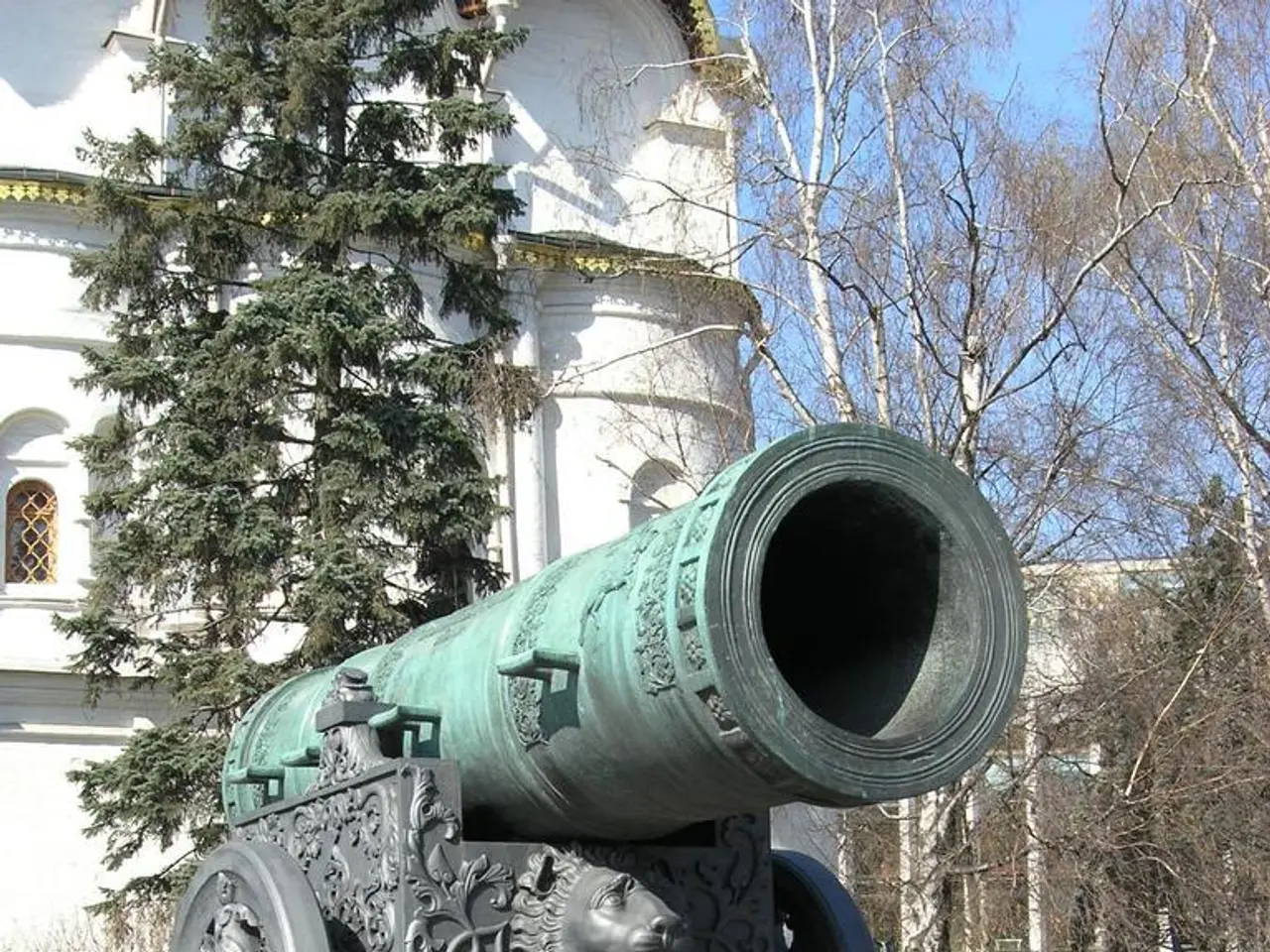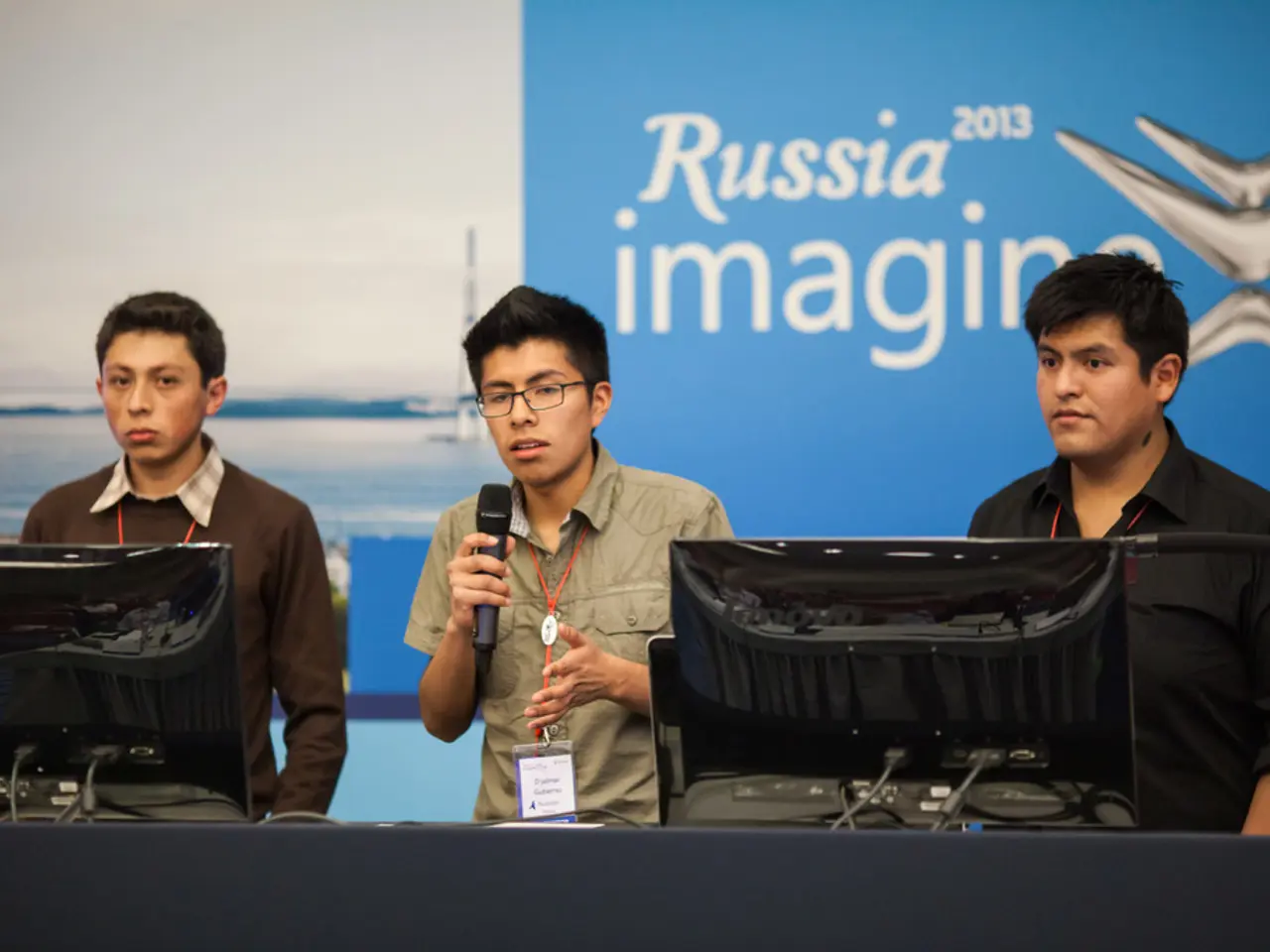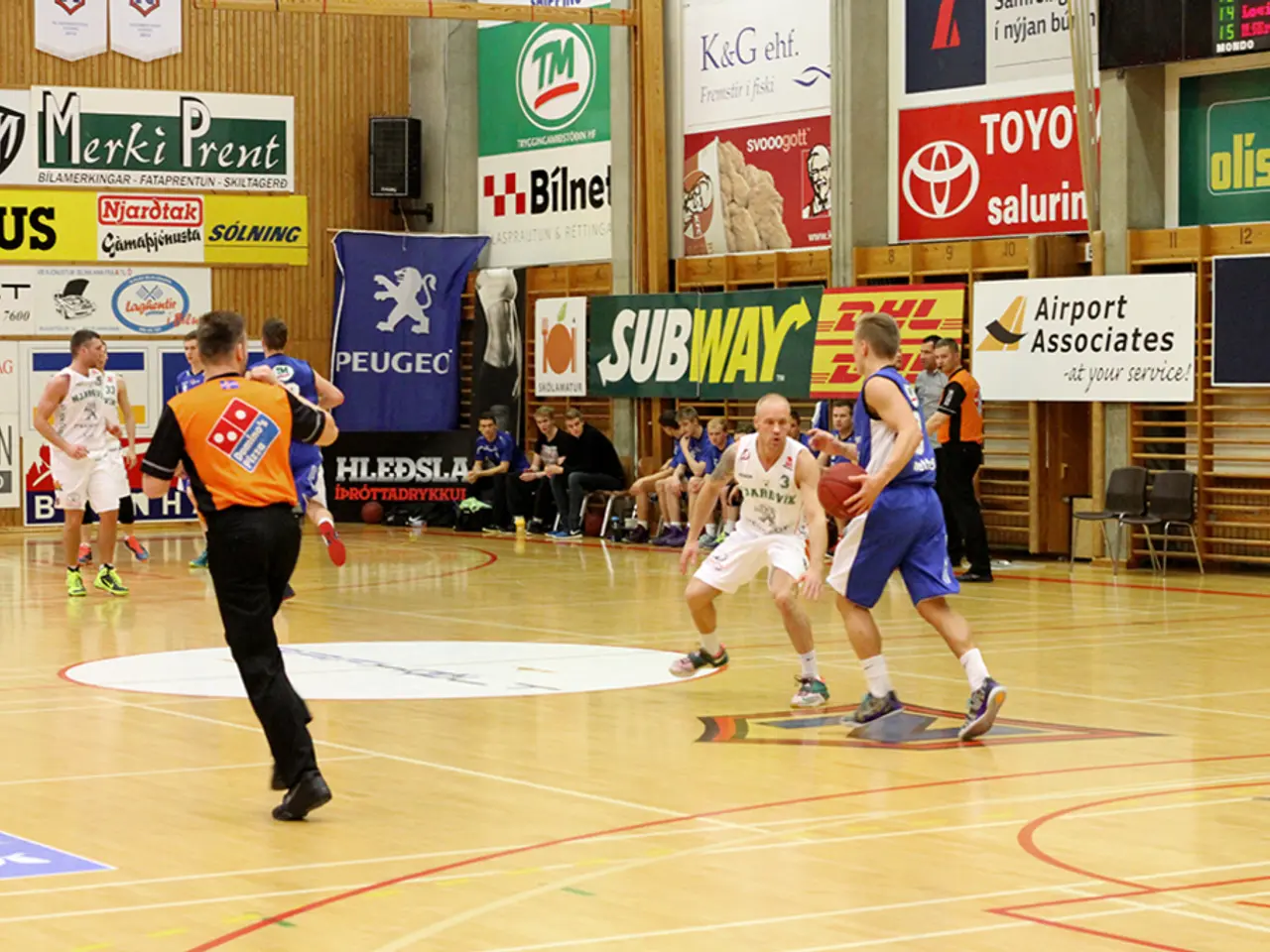Bremen's Steelworks Redevelopment Plans Scrapped: A Hit for the City's Industrial Future and Climate Goals
Politicians in Bremen express disappointment over the change in steel plant plans.
Arcelor Mittal has abandoned its plans for the climate-neutral redevelopment of the Bremen steelworks, dealing a devastating blow to the city's industrial future and its climate ambitions. The multinational corporation's decision follows its inability to meet a June 2025 construction deadline, necessitating €1.3 billion in financial assistance.
Mayor Andreas Bovenschulte (SPD) of Bremen criticized Arcelor Mittal for its lack of commitment, urging the corporation to reconsider its position on steel production in Bremen. Despite the cancellation, there is no immediate threat to the plant's existence, Bovenschulte emphasized.
The opposition party, The Left, led by parliamentary leader Sofia Leonidakis, characterized the decision as disastrous and called on the federal government and the EU to take immediate action. Members of the CDU also voiced concerns, fearing the loss of a vital economic motor for Bremen's overall economic power.
Parliamentary leader Wiebke Winter of the CDU worries that Bremen could lose a crucial engine for its economy, as the scrapped plans represented a significant engineering project.
The FDP and the Alliance for Germany (BD) also expressed criticism, attributing the mistake to the Senate. Economic policy spokesman Sven Schellenberg of the BD deemed the planned switch to green steel a risky detour that could result in job losses.
Soaring electricity prices, challenging market conditions, regulatory hurdles, and weak demand amid high import competition have been identified as the primary reasons for the cancellation of the direct reduced iron (DRI) and electric arc furnace (EAF) projects in Bremen and Eisenhüttenstadt[2][3][1]. Despite subsidies, Arcelor Mittal determined that the business case for proceeding with the green transformation was insufficient. The corporation now plans to focus on detailed planning for EAF construction in Bremen, should a viable business case emerge in the future.
Arcelor Mittal's CEO for Europe, Geert van Poelvoorde, lamented the current pace and scope of governmental actions, including the EU Steel and Metals Action Plan, and questioned their effectiveness in securing the industry's sustainable future[1][2].
The cancellation of these decarbonization projects underscores broader challenges faced by the European steel sector, with weak market demand, persistent high energy costs, and delayed green hydrogen infrastructure contributing to the difficulty of achieving climate goals while maintaining industrial competitiveness. It is expected that political stakeholders will need to reevaluate their approaches to sustaining steel industry jobs, climate commitments, and economic viability in the face of these challenges[1][2][3].
Other political discussions in the city involve critics questioning the effectiveness of the EU Steel and Metals Action Plan in securing a sustainable future for the steel industry. General-news outlets are reporting increased calls for immediate action from federal and EU authorities, particularly in response to Arcelor Mittal's decision to cancel decarbonization projects, which could lead to job losses and undermine Bremen's industrial competitiveness.





